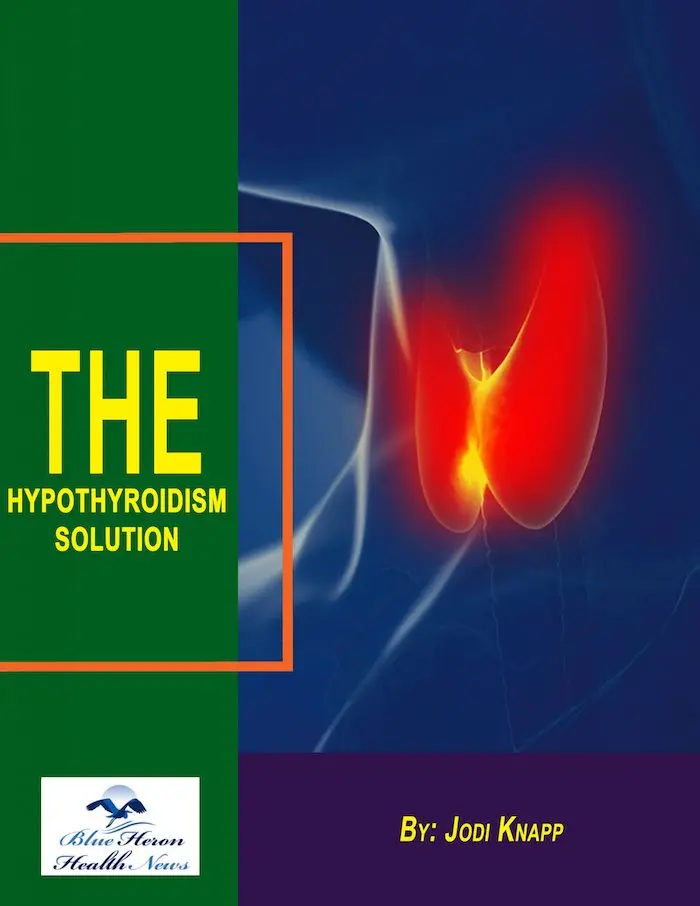Hypothyroidism - #1 Cause of Weight Gain
Hypothyroidism is typically diagnosed in adulthood, but many people will struggling with their weight and other symptoms for years.
The hormones your thyroid gland releases help regulate your metabolism, or how efficiently your body burns food for energy. When your thyroid makes less of its hormones — as it does in hypothyroidism — your metabolism slows down. So you won’t burn off calories as quickly and you’ll gain weight. The weight gain usually isn’t extreme, maybe 5 or 10 pounds, but it can be enough to affect your self-esteem.
Does hypothyroidism cause weight gain?
Yes, often hypothyroidism causes weight gain. If you’ve recently gained weight without explanation, consider talking with your primary care provider and checking your blood thyroid hormone levels.
There’s no clear data on how much weight people gain with hypothyroidism or how much weight they lose after treatment. Estimates suggest that half of people with hypothyroidism experience some weight gain. And most people usually gain 5 to 10 pounds. But some women can gain more — especially if their thyroid hormone levels are very low for a long period of time.
The cause of most weight gain in hypothyroidism is increased retention (holding onto) salt and water. But some weight gain can be from increased fat due to a slower metabolism.
Even though weight gain is a common symptom of an underactive thyroid, something else may be at play. This may be especially true if you’ve gained more than 10 pounds. Beyond checking your thyroid health, take a look at your stress levels, diet, sleep patterns, and physical activity.
Diet
An optimal diet minimizes simple carbohydrates and sugars and focuses on lean proteins and vegetables. A meal plan for hypothyroidism can keep you on track in terms of calorie goals.
If you are struggling to lose weight, consider working with a nutritionist to find a dietary plan that works best for you.
Exercise
Exercise can also help you lose weight. Current guidelines from the Centers for Disease Control and Prevention (CDC) recommend that adults get 150 minutes of moderate exercise and two sessions of muscle-building each week.4
However, people with hypothyroidism may need to go beyond these recommendations to lose weight.
Sleep
Sleep deprivation is strongly linked to weight gain, and that association is clear whether you have thyroid disease or not.5 Getting enough restorative sleep on a regular basis can help prevent weight gain and help you keep weight off.
